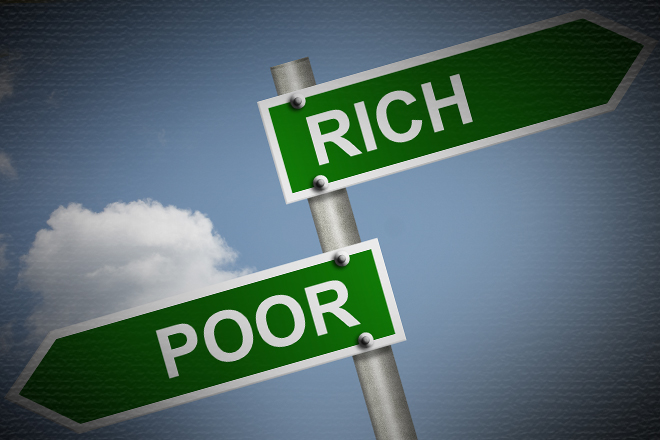
The article, by John Stang, originally appeared on Crosscut.com
A new study confirms that Washington’s poorest pay a bigger percentage of their incomes in taxes than the state’s wealthiest residents.
The state’s poorest 20 percent pay 9 percent of their personal incomes in state and local taxes, compared to payments of just 2 percent for the richest 20 percent — 4.5 times greater percentage-wise, said Lorrie Brown, an economist with the Washington Office of Financial Management’s forecasting division.
People in the 20 percent above the bottom 20 percent pay 2.5 times more percentage-wise of their annual incomes than the wealthiest 20 percent. A major factor in this disparity is that Washington’s lower-income citizens pay a significant portion of the state’s “sin taxes” such as for liquor and cigarettes, Brown said.
Brown briefed the Washington House’s Finance Committee Monday on her division’s recent study on how wealth and taxes are distributed among the state’s households.
 Twenty percent of the state’s households owned 80 percent of Washington’s wealth, she said. That includes seven billionaires whom Forbes magazine estimated are collectively worth $111 billion. The top 5 percent owned about half of the state’s wealth. That next 20 percent owned 14 percent of Washington’s wealth in 2009, the latest year that numbers are available. The majority of the income in the wealthiest segments came from investments .
Twenty percent of the state’s households owned 80 percent of Washington’s wealth, she said. That includes seven billionaires whom Forbes magazine estimated are collectively worth $111 billion. The top 5 percent owned about half of the state’s wealth. That next 20 percent owned 14 percent of Washington’s wealth in 2009, the latest year that numbers are available. The majority of the income in the wealthiest segments came from investments .
By contrast, the poorest 20 percent owned minus 0.6 percent of the state’s wealth — which is possible because they have lost assets, Brown said.
Switching to annual income, 20 percent of the people earned 54.8 percent of all of Washington’s annual incomes. The poorest 20 percent earned 1.6 percent of the state’s annual incomes in 2009.
The OFM report said local property taxes are the biggest tax burden on Washington households, with sales taxes sightly behind. However, the amount of state and local taxes per $1,000 of a person’s income has been shrinking since 1997. The 1997 figure was roughly $115 per $1,000 of personal income, while the 2010 figures was roughly $95 in local and state taxes per $1,000 in personal income. Meanwhile, taxes collected per individual Washington resident increased until 2007, when they began to shrink as well.
In the 1990s, state taxes hit an individual taxpayer more than local taxes. Today, that split is somewhat near 50-50.
Washington ranked 42nd out of 50 states in local and state taxes with about 8 percent of the state’s gross domestic product collected in taxes.
More To Read
November 1, 2024
Accessible, affordable health care must be protected
Washington’s elected leaders can further expand essential health care
September 24, 2024
Oregon and Washington: Different Tax Codes and Very Different Ballot Fights about Taxes this November
Structural differences in Oregon and Washington’s tax codes create the backdrop for very different conversations about taxes and fairness this fall
September 10, 2024
Big Corporations Merge. Patients Pay The Bill
An old story with predictable results.
